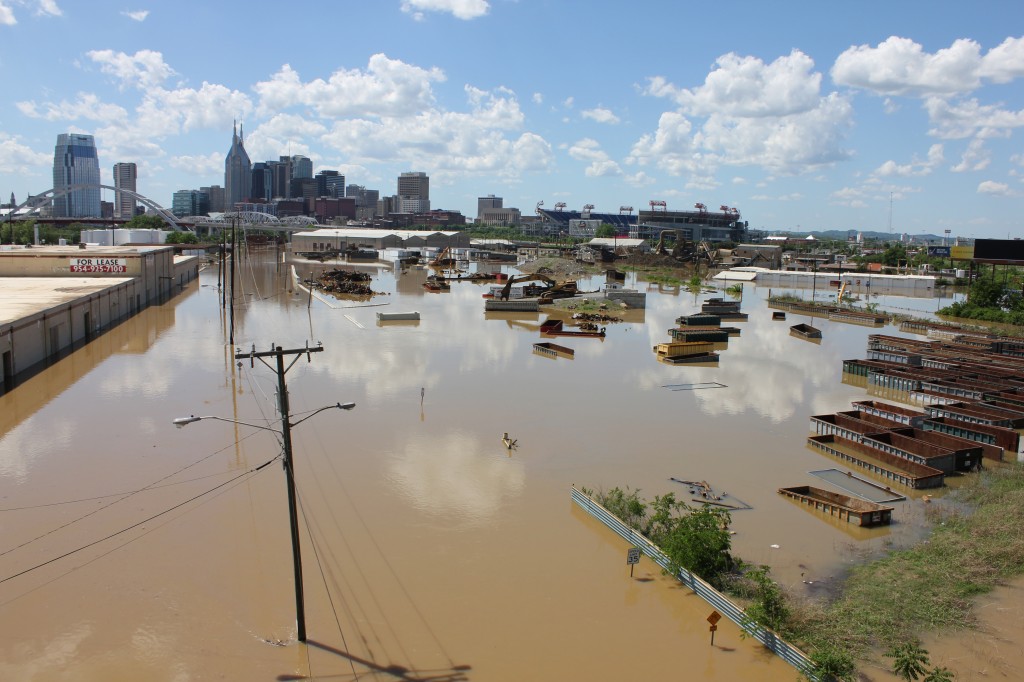Is Your City Doomed To Be Submerged Sometime After 2100?
If we do not curb our greenhouse gas emissions over the next century, 1,700 cities, including New York and Miami, will be “locked in” to an aquatic fate

Photo: Kaldari
The latest study on sea level rise over the next century does not bode well for around 1,700 U.S. cities. If we do not curb our greenhouse gas emissions before 2100, the authors found, those cities—including New York, Boston and Miami—will be “locked in” to an aquatic fate. For around 80 other cities, that day of reckoning will come earlier, in around 2023, Quartz reports. Those cities include Cambridge, Mass., and Norfolk, Virginia.
The team found that more than four feet of sea level rise will accompany ever degree Fahrenheit the planet warms, Climate Central reports. Writing for Climate Central, Ben Strauss, director of the Program on Sea Level Rise, performed a few of his own calculations based on the paper’s findings:
By the end of this century, if global climate emissions continue to increase, that may lock in 23 feet of sea level rise, and threaten 1,429 municipalities that would be mostly submerged at high tide. Those cities have a total population of 18 million. But under a very low emissions scenario, our sea level rise commitment might be limited to about 7.5 feet, which would threaten 555 coastal municipalities: some 900 fewer communities than in the higher-emissions scenario.
Here, you can see when your state will hit its lock-in date, in an interactive put together by Climate Central:
Neither the new study nor Strauss’ calculations specify when exactly the waters would actually begin to rise following the projected no-turning-back-now dates. ”In a loose analogy, it is much easier to know that a pile of ice in a warm room will melt, than to know exactly how fast it will melt,” Strauss writes.
The paper authors do put a loose upper limit—2,000 years from now—on the time by which their sea-level predictions would come true. This a bit relieving since none of us, our children, or even our children’s children’s children will be around to see that date. But it’s also pretty depressing when thinking about how radically we’re altering our planet, with implications that extend well beyond our own brief lives.
More from Smithsonian.com:
A Friendly Reminder From Pretty Much Every Climate Scientist in the World: Climate Change Is Real
The Faces of Climate Change
/https://tf-cmsv2-smithsonianmag-media.s3.amazonaws.com/accounts/headshot/Rachel-Nuwer-240.jpg)
/https://tf-cmsv2-smithsonianmag-media.s3.amazonaws.com/accounts/headshot/Rachel-Nuwer-240.jpg)